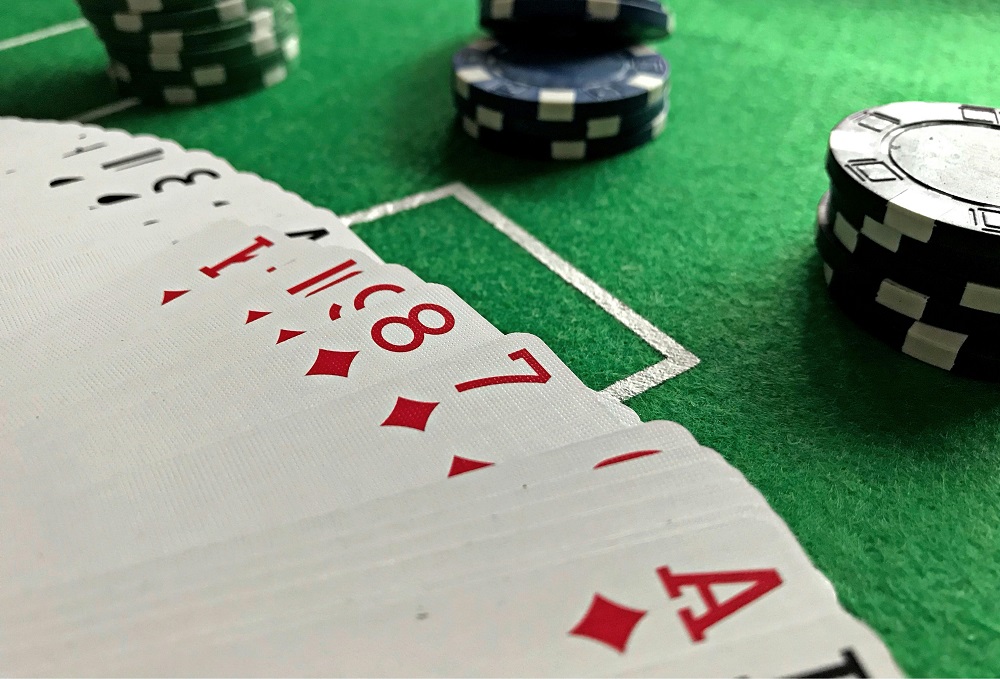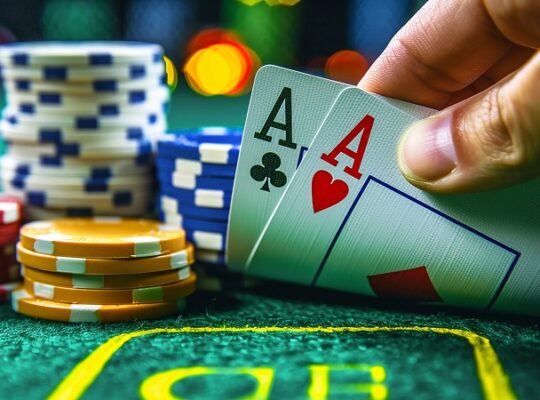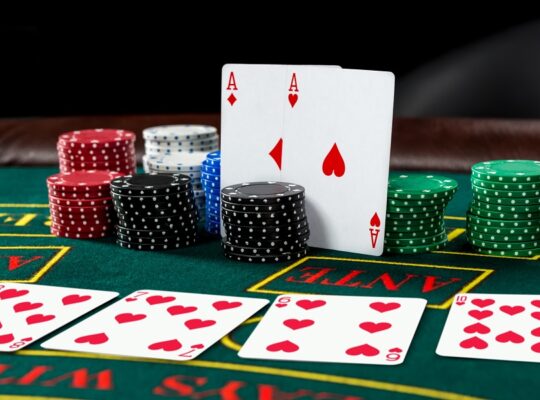Poker is not just a game of cards, but a whole world with its own language. Understanding poker slang not only helps you fit in at the table, but also improves your game. Whether you’re playing online or live, knowing these terms will keep you ahead of the competition. Let’s dive into the world of poker slang!
Introduction to Poker Slang
Why Poker Slang is Important
Poker slang is essential for anyone serious about the game. Knowing the lingo allows you to communicate efficiently with other players, catch nuances in strategy, and even read between the lines when a player speaks. Imagine hearing someone say, “I’m all-in with pocket rockets,” and having no idea what they mean!
How Poker Slang Varies by Region
Poker is played all over the world, and while the basic rules stay the same, the slang often changes depending on where you are. For example, some terms used in the United States may differ from those in Europe or Asia, making it important to adapt if you’re traveling for tournaments or playing online.
Basic Poker Slang Everyone Should Know
Blinds
Blinds are forced bets made by players before cards are dealt. There are typically two blinds: the small blind and the big blind. These bets help drive the action and ensure that there’s money in the pot every hand.
Button
The button refers to the dealer’s position at the table. It rotates clockwise after each hand, and being “on the button” gives a strategic advantage because you’re the last to act in a round of betting.
Flop, Turn, and River
These are terms for community cards in Texas Hold’em. The flop is the first set of three cards dealt face-up. The turn is the fourth card, and the river is the fifth and final community card.
Common Hand-Related Poker Slang
Pocket Rockets
If you’re holding two Aces, congratulations—you’ve got pocket rockets. This is one of the best starting hands in Texas Hold’em.
Big Slick
A hand with Ace-King is known as Big Slick. While a strong starting hand, it can be tricky to play if the board doesn’t connect well with your cards.
Cowboys
Two Kings in your hand? You’re sitting with cowboys, another powerful hand.
Betting and Strategy Slang
All-In
Going all-in means betting all your remaining chips. It’s a high-risk, high-reward move that forces opponents to either call or fold.
Limping
When you limp into a pot, you’re simply calling the big blind rather than raising. This strategy is often used by cautious or inexperienced players.
Bluff
A bluff is when you bet or raise with a weak hand, hoping to convince your opponents to fold stronger hands.
Advanced Poker Slang Terms for Pros
Slow Play
Slow playing means playing a strong hand passively to trap your opponents into betting more. It’s a tactic used to build the pot when you’re confident of having the best hand.
Check-Raise
A check-raise is when you check early in the betting round, hoping an opponent bets, so you can then raise. It’s a powerful move to manipulate the action.
Value Bet
A value bet is a strategic bet made with a strong hand, designed to extract maximum value from your opponents, typically made when you believe they will call with worse hands.
Famous Poker Slang Phrases
The Nuts
If you have the nuts, you’ve got the best possible hand given the community cards. It’s an unbeatable hand at that moment.
Fish
A fish is an inexperienced or bad player, often targeted by more seasoned players looking to win easy money.
Shark
The opposite of a fish, a shark is an experienced, skilled player who can quickly dominate a poker table.
Poker Slang for Positions
Under the Gun
Being under the gun means you’re the first to act in a betting round. It’s a tough position because you have no information on other players’ actions.
Cutoff
The player sitting directly to the right of the dealer is in the cutoff position, an advantageous spot for aggressive play.
Dealer (Button)
The dealer or button holds a lot of power at the table. Acting last gives them the most information and control over the betting rounds.
Slang for Winning and Losing Hands
Cooler
A cooler happens when a player loses with a very strong hand because the opponent has an even stronger one. It’s a heartbreaking situation where luck just isn’t on your side.
Bad Beat
A bad beat occurs when a strong hand is beaten by a lucky draw from an opponent. You’ll hear plenty of stories about bad beats at poker tables.
Suckout
A suckout happens when a player, usually with a weaker hand, gets lucky and hits the winning card on the river.
Poker Tells and Player Behavior Slang
Loose
A loose player tends to play many hands, often with weaker cards. These players can be unpredictable but are vulnerable to skilled opponents.
Tight
A tight player is the opposite, only playing premium hands and rarely getting involved in pots without a strong reason.
Donkey
A donkey is a derogatory term for a bad or inexperienced player who makes poor decisions.
Online Poker Slang vs Live Poker Slang
Online poker has its own set of slang that’s often different from live games. For example, players might use terms like LOL donkaments to describe low-stakes online tournaments where many amateur players compete.
Popular Regional Poker Slang
American Poker Slang
In the U.S., terms like fish and shark are common, but regional terms like calling station (a player who calls but never raises) are also popular.
European Poker Slang
In Europe, players often use terms like punter (a bad player) or punting (making bad bets).
Poker Slang You Should Avoid
Some slang terms, like angle shooting (exploiting loopholes in rules) or chip dumping (losing chips on purpose), refer to unethical practices and should be avoided.
Why Knowing Poker Slang Improves Your Game
Knowing poker slang isn’t just about sounding cool—it helps you understand the game on a deeper level. The more you can interpret what other players are saying, the better decisions you’ll make at the table. So, study these terms, practice them, and watch your poker game improve!















